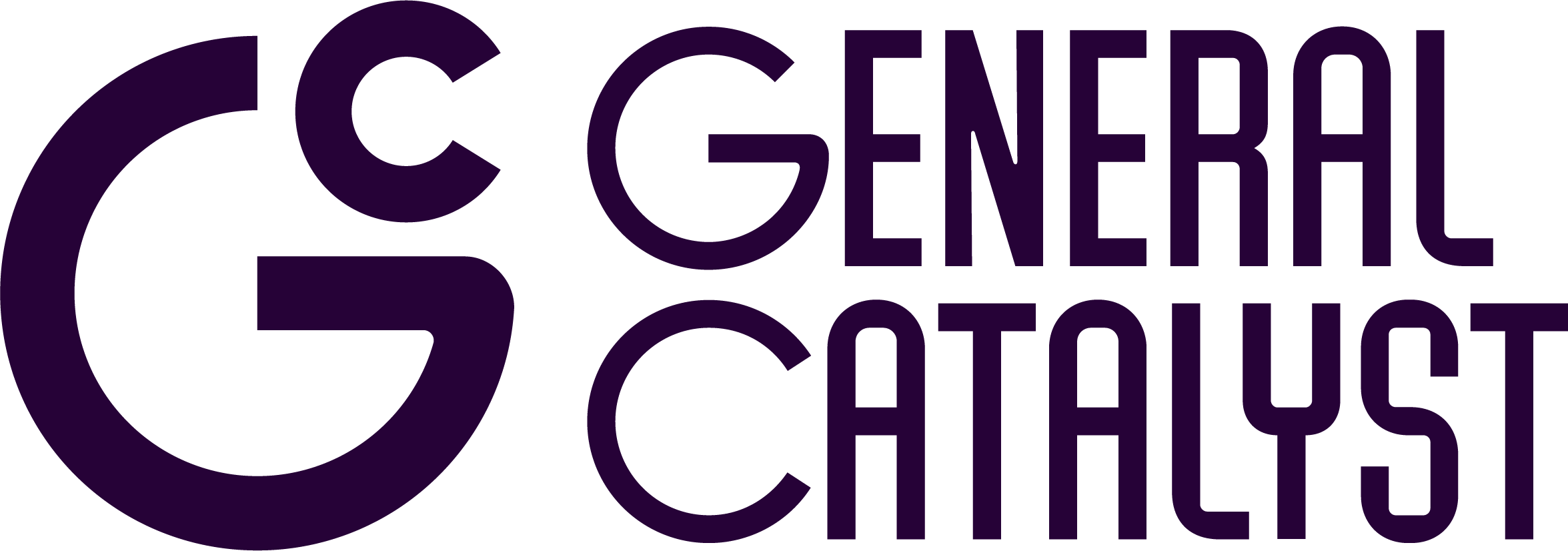technology leader - individual contributor - core platform

CRED
This job is no longer accepting applications
See open jobs at CRED.See open jobs similar to "technology leader - individual contributor - core platform" General Catalyst.IT
Bengaluru, Karnataka, India
Posted 6+ months ago
what is CRED?
CRED is an exclusive community for India’s most trustworthy and CREDitworthy individuals, where the members are rewarded for good financial behaviour. CRED was born out of a need to bring back the focus on a long lost virtue, one of trust, the idea being to create a community centered around this virtue. a community that constantly strives to become more virtuous in this regard till they finally scale their behaviour to create a utopia where being trustworthy is the norm and not the exception. to build a community like this requires a community of its own; a community special in its own way, working towards making this vision come true.
here’s a thought experiment: what do you get when you put a group of incredibly passionate and driven people and entrust them with the complete freedom to chase down their goals in a completely uninhibited manner? answer: you get something close to what we have at CRED; CRED just has it better.
at CRED, technology is the backbone that fuels problem-solving at speed and scale with smartness. engineers at CRED are highly empowered and are entrusted to own, understand, challenge, and create an upstream impact in Product and Business
if you are a go-getter, passionate about solving real problems, and enjoy the company and camaraderie of some of the best minds in the game, you should definitely explore CRED.
the primary role of a technology leader - IC at CRED is to solve visible problems and needs for non-linear scale, resilience, realtime processing and to anticipate and solve for invisible problems that may arise in the future
here’s what will be in store for you at CRED once you join as a technology leader - IC in Platform
what will you do?
- apply first principles and elegantly solve technological problems
- translate business requirements into scalable and extensible design
- create scalable & distributed platforms, reusable libraries, and utilities wherever applicable
- choose the right technology stack for the product systems/sub-systems
- write high-quality code that is modular, functional, and testable; establish the best coding practices
- continuously refactor applications to ensure high-quality design
- formally mentor junior engineers on design, coding, and troubleshootingfoster platform and data first thinking across the organization
- anticipate, envision, plan and operationalise system/platform readiness for non-linear transaction scale and data-growth
- collaborate with key stakeholders across engineering teams to drive near and long term architecture decision
- sensure the best engineering practices are adopted and followed across the organization
- be a key contributor to ensure the product is highly secure, available, scalable, resilient, and cloud-ready
- communicate effectively and keep internal and external stakeholders updated on the progress of key initiatives
- be the ambassador for CRED in the tech community and create a strong brand value
you should apply if you :
- have strong competencies in software design and architecture along with a deeper understanding of scalability of distributed systems
- have 7+years of prior experience working on large scale distributed systems with complex business workflows and a massive amount of data
- are experienced in making pragmatic trade-offs that balance the short and long term product and business goals
- posses deep knowledge, understanding, and experience with working of different architectural styles
- are proficient in one or more key technologies - programming languages - Java, Go, datastores relational, KV, document, graph, wide-column, analytics/columnar
- have the ability to independently design and architect complex systems and platforms for wider usage across the organisation
- are a influencer and can negotiate at an organisational level
- have the ability to collaborate, define, plan, deliver and operationalise large releases
- are able to create formal structure and scale adoption of large changes in technology
- can work well through ambiguity, make tough calls ,and arbitrate technical disagreements across the team
This job is no longer accepting applications
See open jobs at CRED.See open jobs similar to "technology leader - individual contributor - core platform" General Catalyst.
